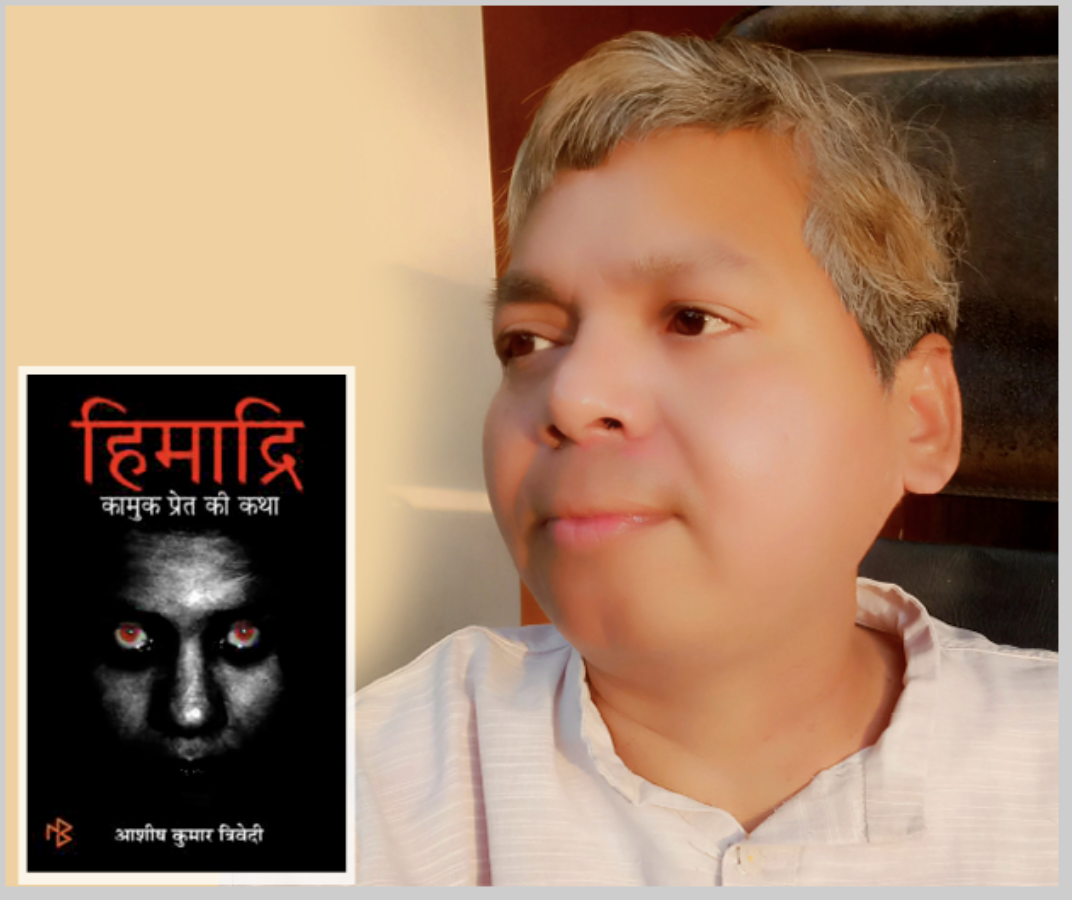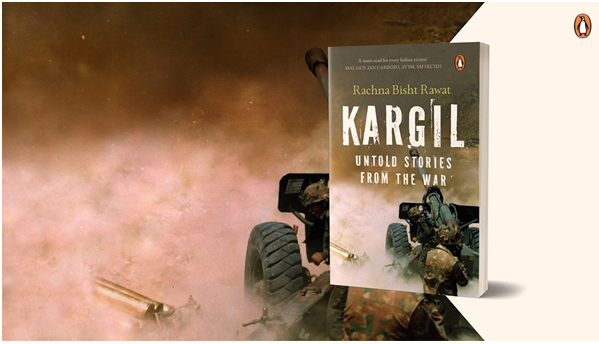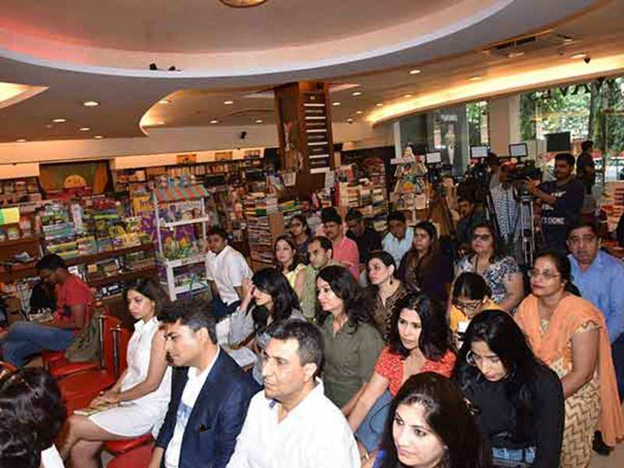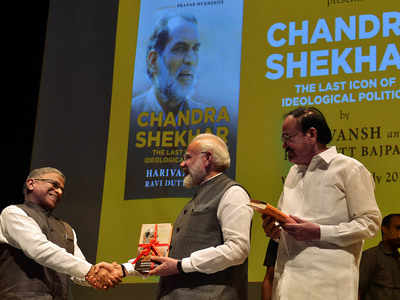How online self-publishing is letting Hindi writers shine
How online self-publishing is letting Hindi writers shineon Apr 09, 2021

Varsha Srivastava describes herself as an unlikely writer. The fashion designer and young mom has been on a break from her textile business for the last two years but she has been far from idle. During this time, she has self-published horror-fantasy Hindi stories and novellas featuring werewolves and zombies which have racked up 20 lakh readers and turned her into a desi Stephenie Meyer of sorts. Her stories have been adapted into comics and audiobooks, and a web series is also in the works.
Like the Raipur-based Srivastava, a new tribe of Hindi writers is finding their voice and a new readership through online self- publishing platforms such as Pratilipi, Matrubharti, Kindle Direct, Juggernaut and Wattpad which have opened up to vernacular writing of late.
These also let many talented writers bypass the gatekeepers of traditional publishing. “Traditional Hindi publishers take a lot of time to respond, and often ask you for money to print the books,” says Lucknow-based tutor Ashish Kumar Trivedi, who was the top Hindi writer for 2020 on Matrubharti and has got over 18.9 lakh views for his stories on Pratilipi. Trivedi, who suffers from muscular dystrophy and uses a wheelchair, says that they have helped him build a reputation. “If you write well, you get recognition over time, and money too.” Himadri, a popular episodic novel which he published on Matrubharti, was recently brought out as a paperback by the platform, while Pratilipi has bought promotional rights to 13 of his stories.
Along with building a community of readers and writers, they attract upcoming writers with the promise of exposure and monetary benefits. For instance, Matrubharti monetises stories once they cross 1 lakh downloads or views, and also gives royalties if they get content licensing deals with filmmakers and audio platforms such as Storytel. Founder Mahender Sharma says that over 3,000 writers have earned anywhere between Rs 1,000 and Rs 1 lakh, with Gujarati, Hindi and Marathi being the top languages. “The internet needs more non-English content because 66% of Indians understand only regional languages,” he says. On the global platform Wattpad, where Hindi is the second-most popular language in India with 100,000 uploads, the top stories are put behind a paywall.
Read more: https://www.frontlist.in/5-new-books-to-read-this-week/
Pratilipi, which has over 25 million monthly readers, has also been licensing best-selling stories to publishers, audiobook and OTT platforms, which lets authors earn money from adaptation and IP rights. Readers can send virtual gifts to their favourite authors. “Our country is full of talented writers but the cost of distribution is often high, leading to a dearth of good Indian language literature. This is where self-publishing platforms like ours come into play,” says Pratilipi founder Ranjeet Singh.
A rousing response on these platforms also gives many new writers the self-belief to aspire for more. “Many writers who made their debut on our self-publishing platform go on to directly pitch to mainstream publishers,” says Salima Arif, an editor at Juggernaut Books’ Hindi division.
Our country is full of talented writers but the cost of distribution is often high, leading to a dearth of good Indian language literature.
A case in point is Shashank Bhartiya, 26, an income-tax inspector in Pune, who first shared his semi-autobiographical story Dehati Ladke on Pratilipi in 2019 while preparing for his SSP exams. “I wrote it as a short story about rural civil service aspirants, but when readers began messaging me for the next chapter, I wrote a sequel, only to get the same request,” he says. He then expanded them into a novel which was picked up by Hind Yugm and Westland. The novel topped the bestselling charts for six months in 2019, and is in the process of being adapted into a web series. “Many people who are diffident about writing get the confidence to do so,” he says.
The popularity of his online stories encouraged income tax inspector Shashank Bhartiya to turn them into a best-selling novel Srivastava’s foray into writing began when she downloaded the Pratilipi app to read, and was then inspired to take the plunge herself. “The best part is the direct contact with readers. Whenever I posted a story, they would immediately comment,” she says. The 33-year-old often incorporates her own experiences in her fiction. For instance, the novel Behroopiya draws upon her childhood near a forest in Bastar, and her pet Shadow, a local wild dog breed. “Many locals would scare me saying he’d grow to be a werewolf so I used this idea of a werewolf as a pet,” she says. One of her most popular works on Pratilipi, it is now being released as a paperback by the Hindi publishing house Manjul.
Online self-publishing is especially useful for aspiring writers who can get demoralised if they don’t get a reply from publishers, says Nandini Kumar, a Dehradun-based psychologist and writer. In her case, it was the disappointing distribution of her first book Baaki Ki Baat by a traditional publisher that prompted her to move to Kindle Direct Publishing, hands but if it doesn’t reach readers, there’s no point,” says Kumar, who is currently working on a young adult fiction book for Kindle.
Disappointed with her experience with traditional publishers, Nandini Kumar, a psychologist and author, has moved online to self-publish her second book
Kindle lets authors retain creative control of their books. Some such as bilingual writer J Alchem, who won a contest on the platform, have gone on to sell screen adaptation rights to producers. “Authors retain all rights, which can be leveraged for translations, screen adaptations and audiobooks,” says Amol Gurwara, director, Kindle Content, India.
Source: TOI
ashish kumar trivedi
Kindle
Matrubharti
Pratilipi
Ranjeet Singh
Shashank Bhartiya
Traditional publishing
varsha srivastava
Wattpad

.jpg)
.jpg)
.jpg)
.jpg)
.jpg)
.jpg)

.jpg)
.jpg)
.jpg)
.jpg)


_(1).jpg)
.jpg)










Sorry! No comment found for this post.